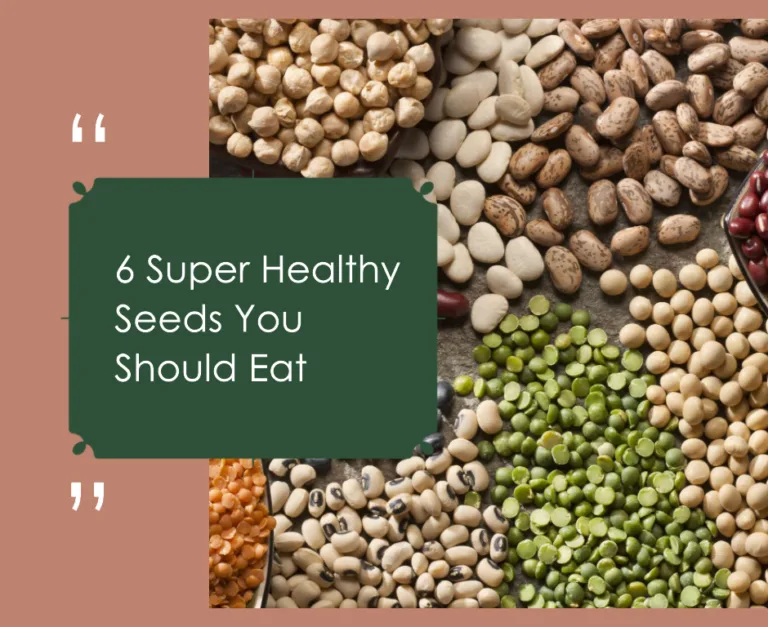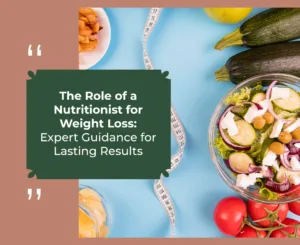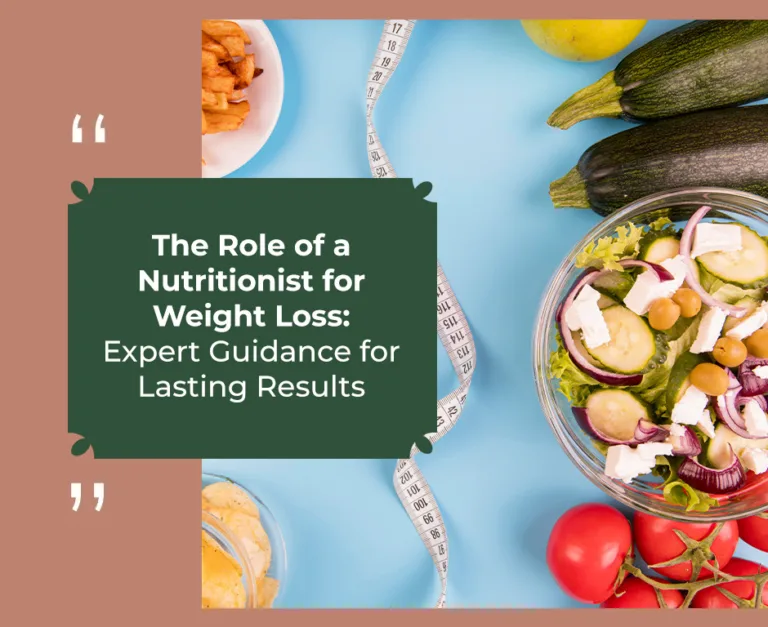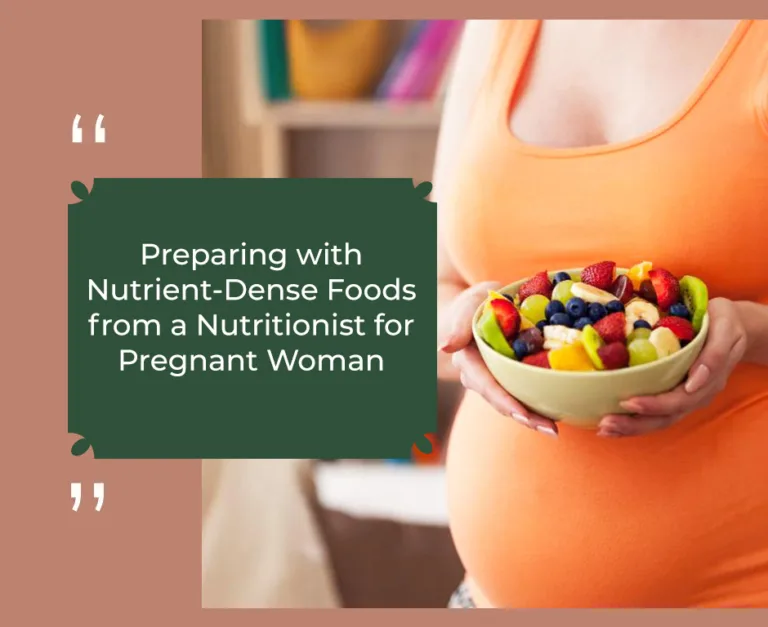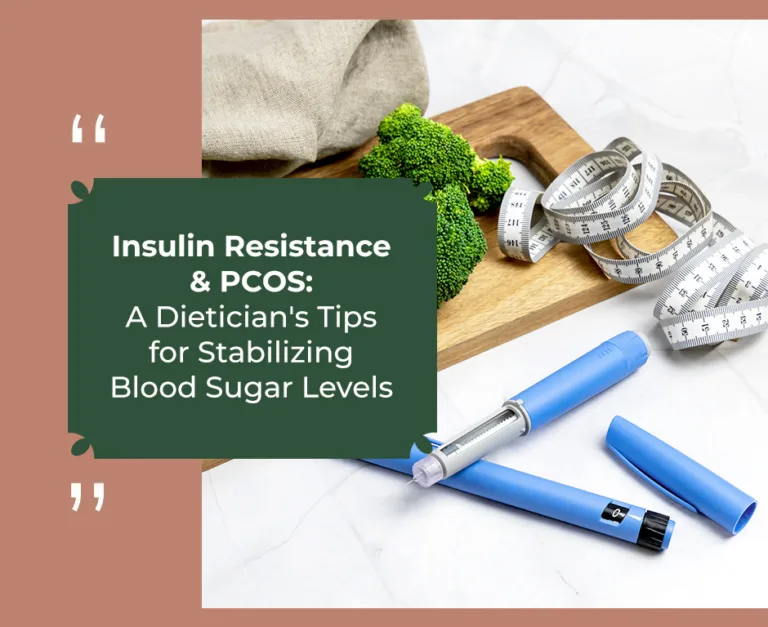And how you can incorporate them into your daily meals without hassle!
A “seed frenzy” has slowly been taking over the diet trends and food advice on the internet these days– and we are all for it! You might be wondering what the big deal is when it comes to seeds. But let us tell you, a tablespoon full of these tiny things a day could change your life for the healthier. And these super healthy foods are super easy to use too! There are so many tasty ways to eat them every day without it ever becoming boring and old. If you need personalized advice on how to include seeds in your diet, consider an online dietician consultation.
Is all this seed-talk starting to sprout some interest in your mind? Read on to find out everything you need to know about including seeds in your diet– from the best types of seeds to the most delicious ways to eat them! For more tailored dietary advice, an online dietician consultation can be incredibly helpful.
Sowing the Seeds of Nutrition in Your Meals
Although it is beginning to change, seeds are often overlooked when it comes to healthy eating. But these tiny powerhouses are packed full of healthy nutrients that you don’t want to lose out on. Incorporating seeds into your daily diet is an easy and delicious way to boost your nutrition and overall well-being. Since seeds are so nutritious, you must consume 1 or 2 tablespoons a day to reap their amazing benefits! To get the most out of your diet, seek guidance through an online dietician consultation.
6 Healthy Seeds You Can Consume Daily
There are numerous edible seeds used around the world. Choosing what seeds to purchase can be confusing, especially if you are a complete beginner looking to incorporate them into your daily meals. But don’t worry, we have that covered! The comprehensive guide below tells you all about the 6 best seeds to include in your day-to-day diet. If you need personalized guidance, consider an online dietician consultation to help you make the best choices for your dietary needs.
Chia Seeds
Nutritional Information: Contains fiber, protein, omega-3 fatty acids, and essential minerals.
Recent years have seen chia seeds gain popularity for their impressive nutritional profile. These antioxidant-rich seeds are really versatile– you can use them in smoothies, oatmeal, juices, and yogurt. For personalized advice on incorporating chia seeds into your diet, consider an online dietician consultation.
Flaxseeds
Nutritional Information: Contains omega-3 fatty acids, lignans, and fiber.
Flax seeds are another one of the most popular edible varieties of seeds. This powerhouse of health can be added to baked goods and salads. Grinding them before eating enhances the nutrient absorption process. An online dietician consultation can provide you with tailored tips on how to maximize the benefits of flaxseeds in your diet.
Pumpkin Seeds
Nutritional Information: Contains protein, healthy fats, and minerals like magnesium, iron, and zinc.
Also known as pepitas, pumpkin seeds have a range of benefits from improving sleep quality to boosting immune function. And the best part? They can make a tasty snack just by themselves! For more detailed nutritional guidance, an online dietician consultation can be very helpful.
- Sunflower Seeds
Nutritional Information: Contains vitamin E, healthy fats, fiber, and minerals such as selenium.
Just like pumpkin seeds, sunflower seeds can also be consumed on their own. In fact, they are a popular choice for snacking. But remember, they also taste delicious as a garnish in many other dishes! If you need assistance in planning your meals, consider scheduling an online dietician consultation.
- Sesame Seed
Nutritional Information: Contains calcium, iron, magnesium, and zinc.
A huge part of Asian cuisine, sesame seeds elevate your dishes with their crunchy and earthy flavor. They can be sprinkled over stir-fries, roasted vegetables, rice dishes, or even made into a dessert. To get the most out of sesame seeds, you might find an online dietician consultation beneficial.
Hemp Seed
Nutritional Information: Contains protein and omega-3 and omega-6 fatty acids.
Sprinkle them on top of salads, blend them into smoothies, or use them in baking recipes– hemp seeds are going to taste delicious anywhere. These nutty delights are especially delicious in sweet dishes. For personalized dietary advice, consider an online dietician consultation.
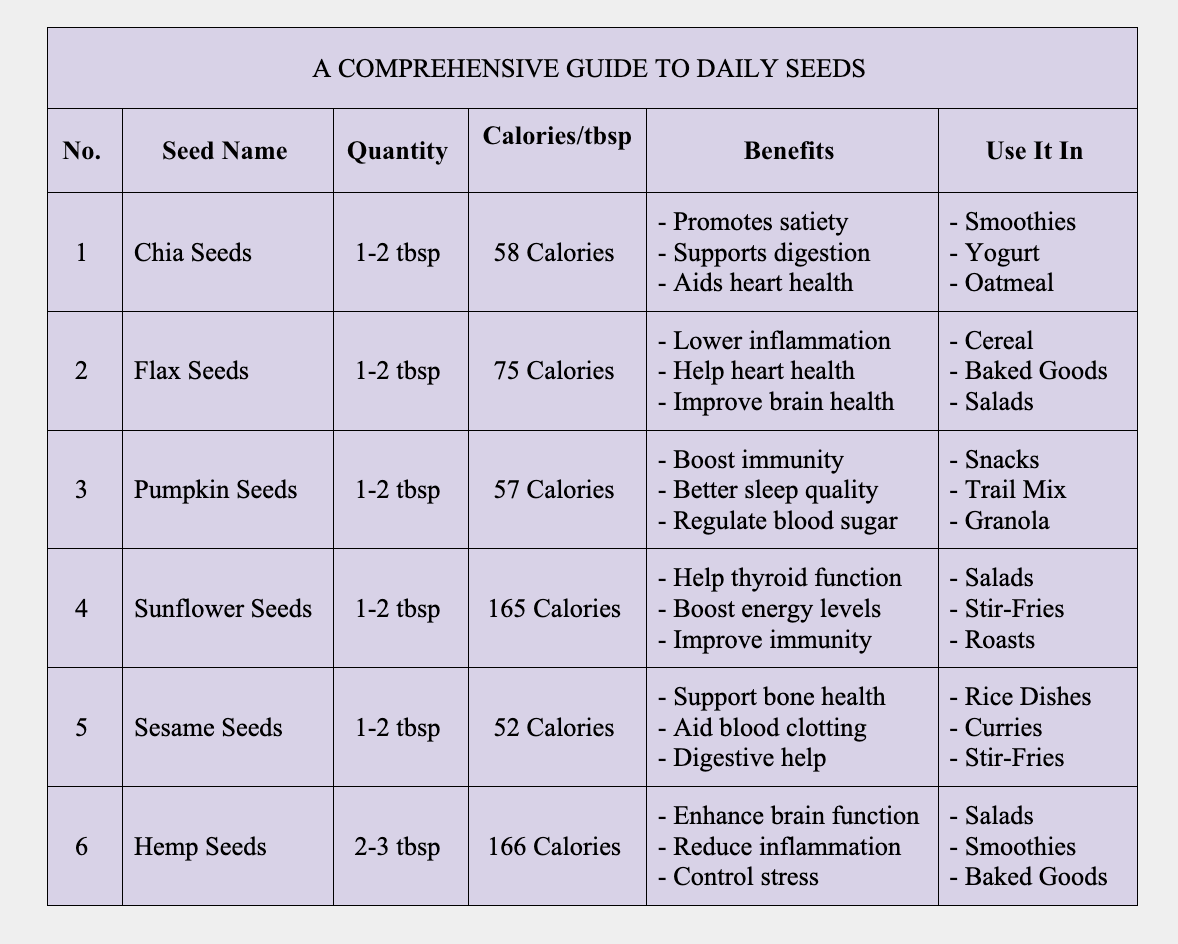
Conclusion: Do You “Seed” What We Mean?
Now do you see what we mean when we say seeds are a small but mighty addition to your daily diet? Whether you sprinkle them on top of your salads, blend them into smoothies, or use them in baking, seeds are a delicious and nutritious boost to your meals. And do we need to mention how easy they are to add to your dishes? For personalized advice on how to incorporate seeds into your diet, consider an online dietician consultation. Start sowing the seeds of nutrition in your meals today and reap the benefits of a healthy lifestyle tomorrow!


